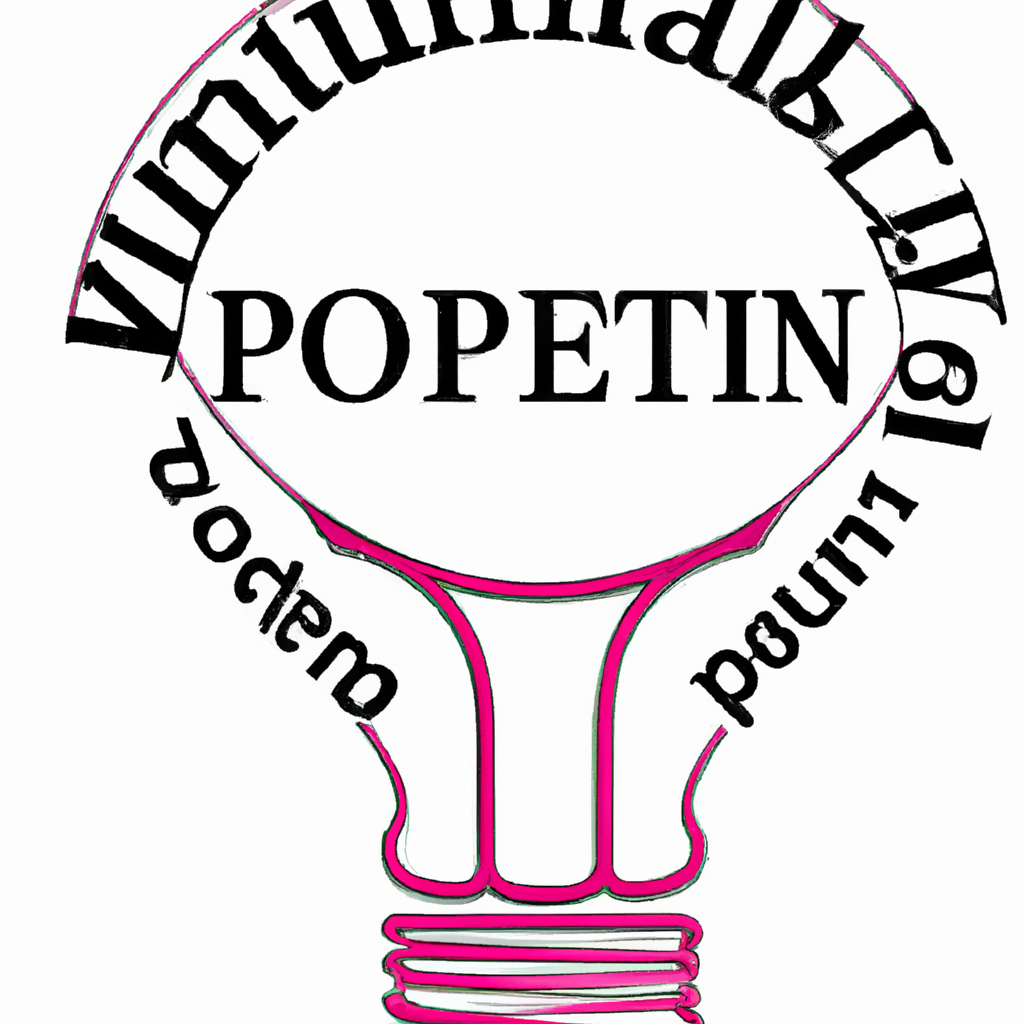Tipping – a method for optimizing compensation for intellectual property.:
“Synopsis
In recent months, the problem of how to pay for the use of intellectual property when the property is freely distributed over the Internet has received a great deal of attention, both in the media and in the courts.
The author proposes a tried-and-tested method for providing compensation — the offering and acceptance of tips — and provides an example of a successful internet business using this model.
Introduction
Legal cases such as RIAA v Napster have focused media attention on the problem of widespread distribution and replication of intellectual property on the Internet. The legal technicalities of the case are beyond the scope of this document, but I believe that it boils down to this: while Napster may not be directly infringing upon the copyrights of RIAA members, they are maintaining a database that is, effectively, a “list of places where Napster users can go to make copies of copyrighted materials.” Whether or not this is copyright infringement is what lawyers call “an interesting question…” [1]
However, what the RIAA does not seem to grasp (or perhaps, is mortally afraid to acknowledge) is that regardless of the merits of their case, suing Napster into oblivion is merely the first battle in an escalating techological war that they cannot win [2]. Napster variants such as Gnutella disperse not only the copyrighted materials but also the database that ties them together into a diffuse cloud of servers owned by a multitude of individuals. The result is an environment where there is no central database, and thus no central target of opportunity for legal action.
Even worse (from their perspective), recent proposals for cryptologically disseminated distributed databases will soon result in an environment where nobody can determine whether or not a particular server is hosting fragments of a particular copyrighted work. Such a service also has a clear “substantially non-infringing use:” [3] to avoid censorship and promote freedom of speech. In such an environment, a lawsuit against the owner of a particular server (whose collectible assets may not be enough to cover the cost of the lawsuit) will be both difficult and pointless. Squashing one ant in the colony accomplishes nothing.
Thus, groups such as the RIAA are fighting the wrong war. Instead of making a doomed effort to prevent their intellectual property from being distributed, they should instead be devoting their efforts to creating an environment in which users of their property feel obliged to pay for the use of it. “

Leave a Reply